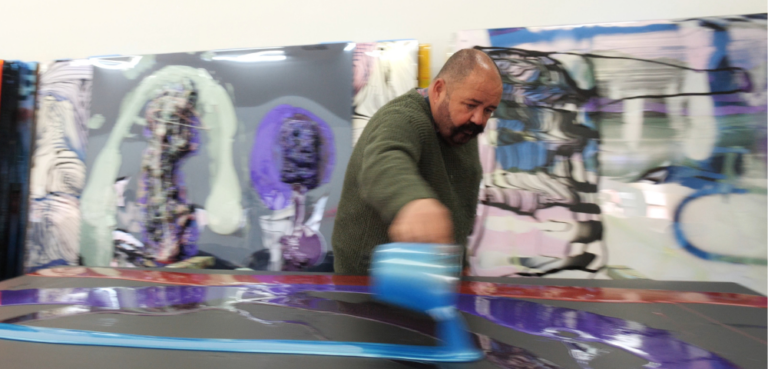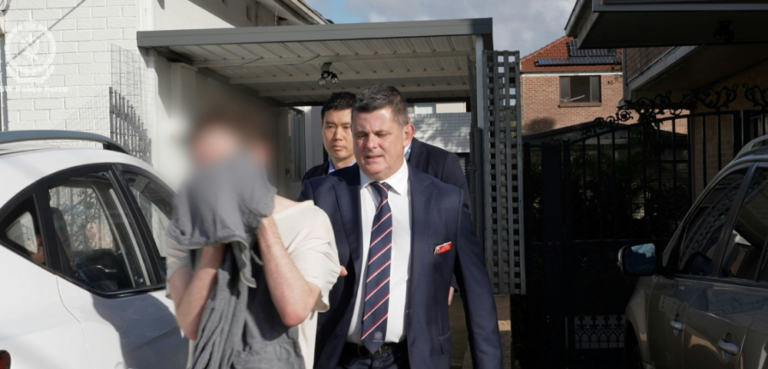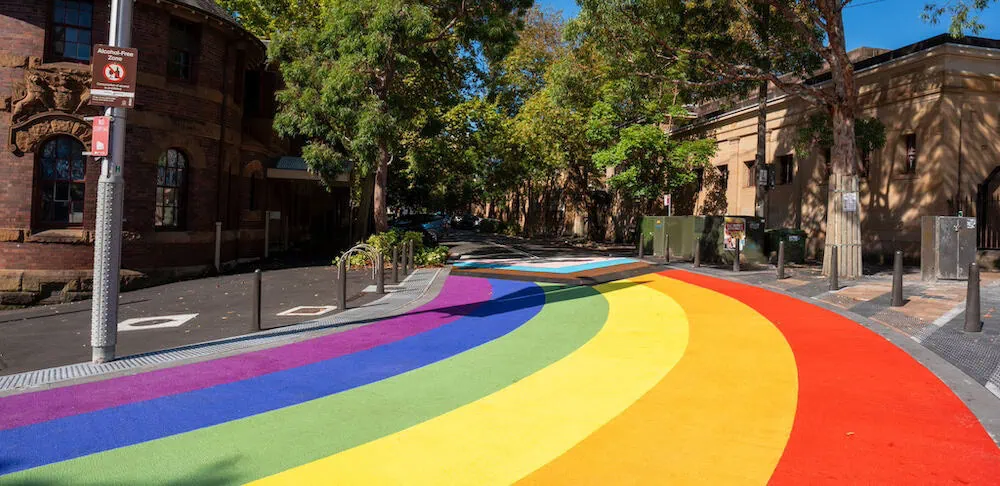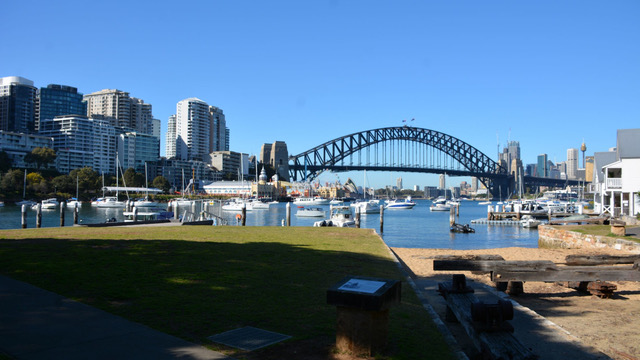
The Mardi Gras Film Festival (MGFF) is set to provide the queer community with more ways to celebrate in the lead-up to this year’s parade.
The 2012 MGFF, organised by Queer Screen, will showcase over 60 feature-length films across four venues, including the Dendy in Newtown and Cinema Paris in Moore Park. The Festival draws on an array of genres, including drama, comedy, documentary, and short film, to address LGBTIQ issues.
This year’s Festival, entitled Projecting the Future, will focus on new voices emerging within the queer community.
Festival Director Lex Lindsay said: “Each year we try to highlight certain aspects of our community or stories that we think are important to LGBTIQ people in Sydney. This year I wanted to hear young voices while also honouring our elders and community leaders.”
The Festival will provide a place for political reflection alongside the hard-partying events usually associated with Mardi Gras.
“As well as being a celebration of the achievements of queer filmmakers, the MGFF is a great forum for exploring and discussing the issues and ideas that are important to our community,” Mr Lindsay said.
Head Writer for the University of Sydney Queer Review, Gayda De Mesa, is relieved the political message behind Mardi Gras has not been lost in an explosion of glitter and music.
“I think it’s important Mardi Gras includes queer film and theatre as it showcases the many facets of queer culture that move beyond just the parade,” Ms De Mesa said. “The parade is a lot of fun and it’s great to have a celebration, but it only shows one side of the queer scene.”
62 feature-length films will be screened as part of the Festival, as well as a selection of 40 short films. Some of these films have premièred overseas as part of mainstream festivals. The gay romance Weekend, for instance, screened at Sundance and has since received wider distribution.
Queer Screen General Manager Jain Moralee said: “This means we have done our job, in that queer cinema is reaching a broader audience and has a higher level of visibility than ever before.
“However, it also means as a festival we need to diversify the scope of what we offer our audience.”
By Rebecca Cleaver










